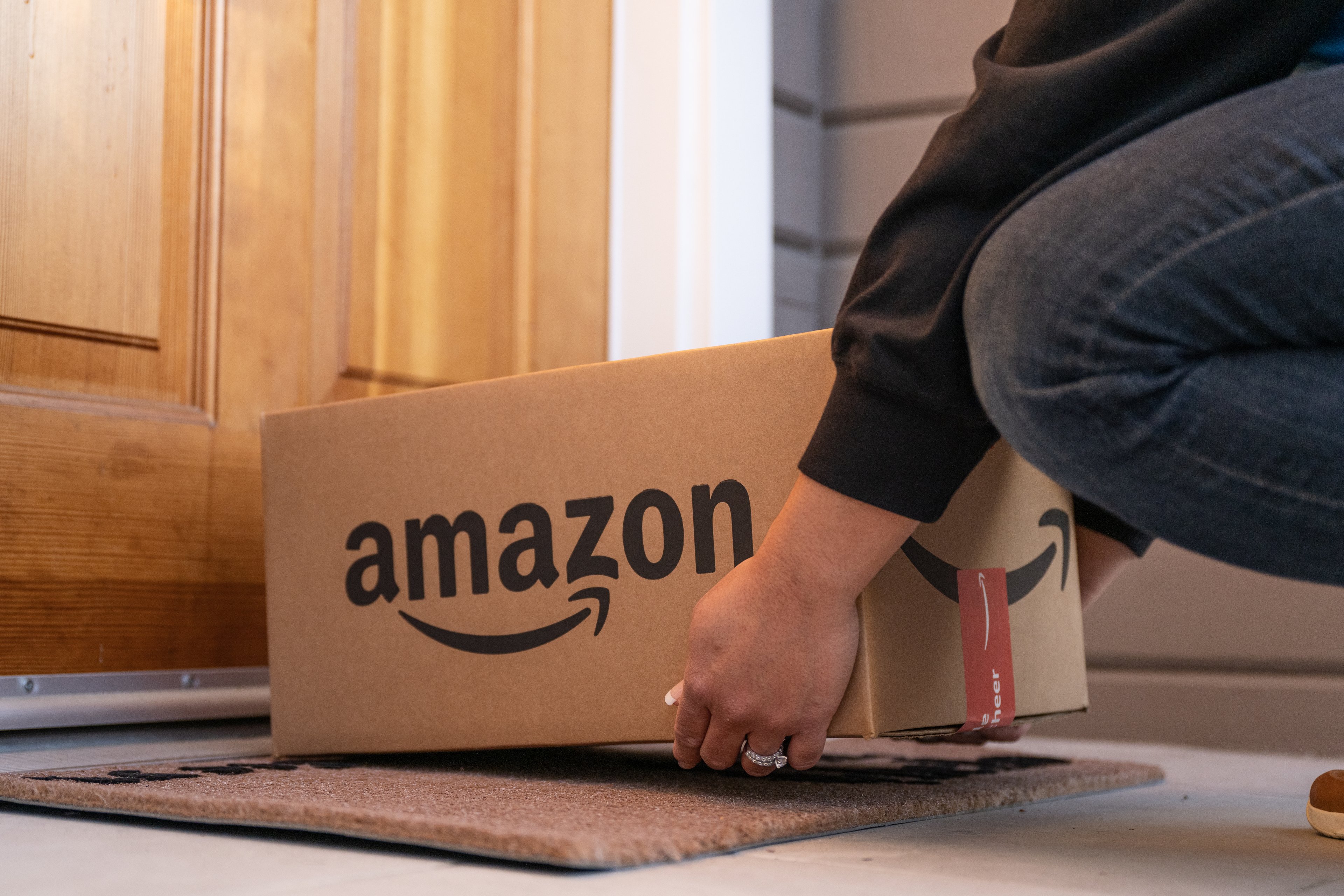In 1965, Warren Buffett took control of Berkshire Hathaway. He said that in hindsight it was a "doomed" textile mill "headed for extinction." But he saved the business, and laid the foundation for lasting growth, by shifting its focus to insurance. That brilliant decision created a steady inflow of investable capital in the form of insurance premiums, and Buffett used that cash to great effect over the years.
Berkshire's market value has increased more than 5,500,000% since Buffett took control, for an average annual return of 20% over six decades. Buffett deserves much of the credit. He (along with the late Charlie Munger) engineered acquisitions, stock purchases, and share buybacks that ultimately turned Berkshire into a trillion-dollar business, one of only 11 in the world at this writing.
While Buffett plans to step down as chief executive at Berkshire this year, billionaire Bill Ackman hopes to recreate his success with Howard Hughes Holdings. Ackman recently added another 900 million shares to his hedge fund, bringing his total ownership to 46.9%. He plans to turn Howard Hughes into a "modern-day version of Berkshire" by acquiring controlling interests in private and public companies.
If Ackman succeeds, he could become the "next Warren Buffett." Here's the artificial intelligence stock he just bought.

Image source: Getty Images.
Bill Ackman just bought Amazon, an AI stock up 855% in the last decade
Bill Ackman ranks among the 20 most successful hedge-fund managers as measured by net gains, according to LCH Investments. And Pershing Square outperformed the S&P 500 (^GSPC 0.01%) by 24 percentage points over the last five years. Those accomplishments make Ackman an excellent source of inspiration.
Importantly, he purchased three stocks during the first quarter: Hertz Global, Uber Technologies, and Brookfield Corporation. Those trades were disclosed in a Form 13F filed last month, but Pershing more recently added Amazon (AMZN 0.60%), an artificial intelligence (AI) stock that rocketed 855% over the last decade.
Pershing's chief investment officer Ryan Israel said: "We felt that the company would be able to work through any slowdown in the cloud computing division Amazon Web Services, and we did not judge that tariffs would have a material impact on the earnings in the retail business."
Interestingly, Ackman has a very concentrated portfolio that included fewer than a dozen stocks as of the first quarter. Chipmaker Nvidia was not one of those stocks.

NASDAQ: AMZN
Key Data Points
Amazon has three major growth opportunities
Amazon's market value exceeds $2 trillion today, but it could be much larger in a few years. The company has a strong presence in three growing industries, as detailed below:
- Not only does Amazon run the largest online marketplace in the U.S., but it also expects to gain market share this year. Domestic retail e-commerce sales are forecast to increase 8% annually through 2028, according to eMarketer.
- Amazon is the third-largest adtech company in the world and is rapidly taking share from industry leaders Google (part of Alphabet) and Meta Platforms. Retail ad spending is forecast to increase 17% annually in the U.S. through 2028, according to eMarketer.
- Amazon Web Services (AWS) is the largest public cloud operator, as measured by infrastructure and platform services spending. Cloud computing sales are forecast to grow at 20% annually through 2030, according to Grand View Research.
Importantly, retail advertising and cloud services revenues not only are growing faster than online retail sales, but also have higher margins. That will make Amazon more profitable over time. But the company is also developing about 1,000 generative AI applications that will improve productivity and efficiency across its retail business, from front-end tasks like customer service to back-end tasks like coding.
AWS is ideally positioned to monetize AI. It already operates the largest public cloud as measured by revenue and customers, but it has also introduced new products at all three layers of the computing stack. That includes custom chips for AI training and inference at the infrastructure layer, AI-model development tools like Bedrock at the platform layer, and AI applications like Amazon Q at the software layer.
That three-tiered strategy is paying off. CEO Andy Jassy recently told analysts: "Our AI business has a multibillion-dollar annual revenue run rate," and "continues to grow triple-digit year-over-year percentages."
Most Wall Street analysts anticipate upside in Amazon stock in the next year
Amazon shares soared 855% over the last decade as the company built strong positions in online retail, digital advertising, and cloud computing. And Wall Street is still predominantly bullish. Among the 71 analysts who follow the company, 96% rate the stock a buy, and the median target price is $235 per share, which implies 14% upside from the current share price of $205.
Wall Street expects Amazon's earnings to increase at 10% annually through 2026. That makes the current price-to-earnings (P/E) ratio of 33 look somewhat expensive. But I think analysts are underestimating the company, as they have in the past -- Amazon topped the consensus earnings estimate by an average of 21% during the last six quarters. Long-term investors should feel comfortable buying a small position today.






